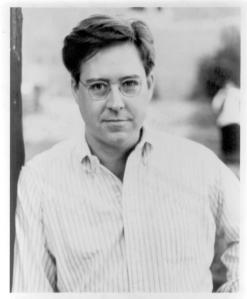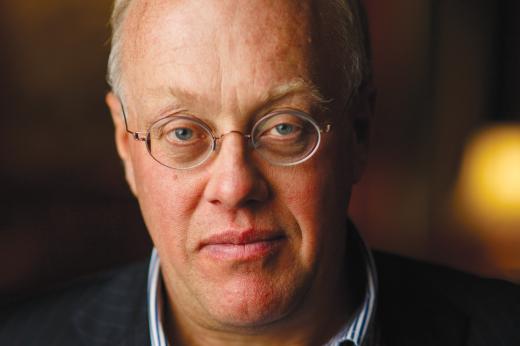 Renowned progressive Ralph Nader certainly has no shortage of descriptions that can be attached to him: author, outspoken consumer advocate, lawyer, environmentalist, public citizen, the list goes on. But to many – especially those of us who were born from the 1970s on-wards, Nader is probably best known for challenging the dominate two party system in America as a four time presidential candidate, running both as an independent, and under the banner of the Green Party.
Renowned progressive Ralph Nader certainly has no shortage of descriptions that can be attached to him: author, outspoken consumer advocate, lawyer, environmentalist, public citizen, the list goes on. But to many – especially those of us who were born from the 1970s on-wards, Nader is probably best known for challenging the dominate two party system in America as a four time presidential candidate, running both as an independent, and under the banner of the Green Party.
His presidential efforts include his controversial run in the 2000 election, when some progressives and former allies blamed his campaign for siphoning off votes from democrats in critical swing states and causing Al Gore to narrowly lose the presidency to George Bush.
But the true extent of Ralph Nader’s contributions as an individual to American society, go far beyond any debate as to the positive or negative impact of his presidential runs. Many of the institutions and the key regulations that are taken for granted in the United States today – things that protect consumer rights, democracy,  and the environment – are virtually the direct result of his work. This includes such things as the EPA, The Freedom of Information Act, The Clean Air and Water acts, and countless other pieces of crucial federal legislation which were enacted into law in the 60s and 70s thanks to Nader’s efforts along with the public interest institutions he founded.
and the environment – are virtually the direct result of his work. This includes such things as the EPA, The Freedom of Information Act, The Clean Air and Water acts, and countless other pieces of crucial federal legislation which were enacted into law in the 60s and 70s thanks to Nader’s efforts along with the public interest institutions he founded.
He first came to prominence in the 1960s when he took on the large U.S. car manufacturers such as GM over known design and safety flaws that they allowed to be built into their models vehicles. His research and findings led to his 1965 book Unsafe at Any Speed, which in turn helped usher in – by an unanimous vote in congress – the 1966 National Traffic and Motor Vehicle Safety Act which gave the government new oversight powers into the safe design of cars and roads.
Now, Ralph Nader is out with a  new book called Told You So, The Big Book of Weekly Columns. It’s a collection of his best weekly column that he has been writing since 1972 and covers subjects ranging from coporate crime, and foreign policy, to the media, and health care. It’s a compelling and fascinating look at the determined work of one of America’s most outspoken and progressive figures. I reached Ralph Nader by phone at a studio in Washington, D.C.
new book called Told You So, The Big Book of Weekly Columns. It’s a collection of his best weekly column that he has been writing since 1972 and covers subjects ranging from coporate crime, and foreign policy, to the media, and health care. It’s a compelling and fascinating look at the determined work of one of America’s most outspoken and progressive figures. I reached Ralph Nader by phone at a studio in Washington, D.C.









